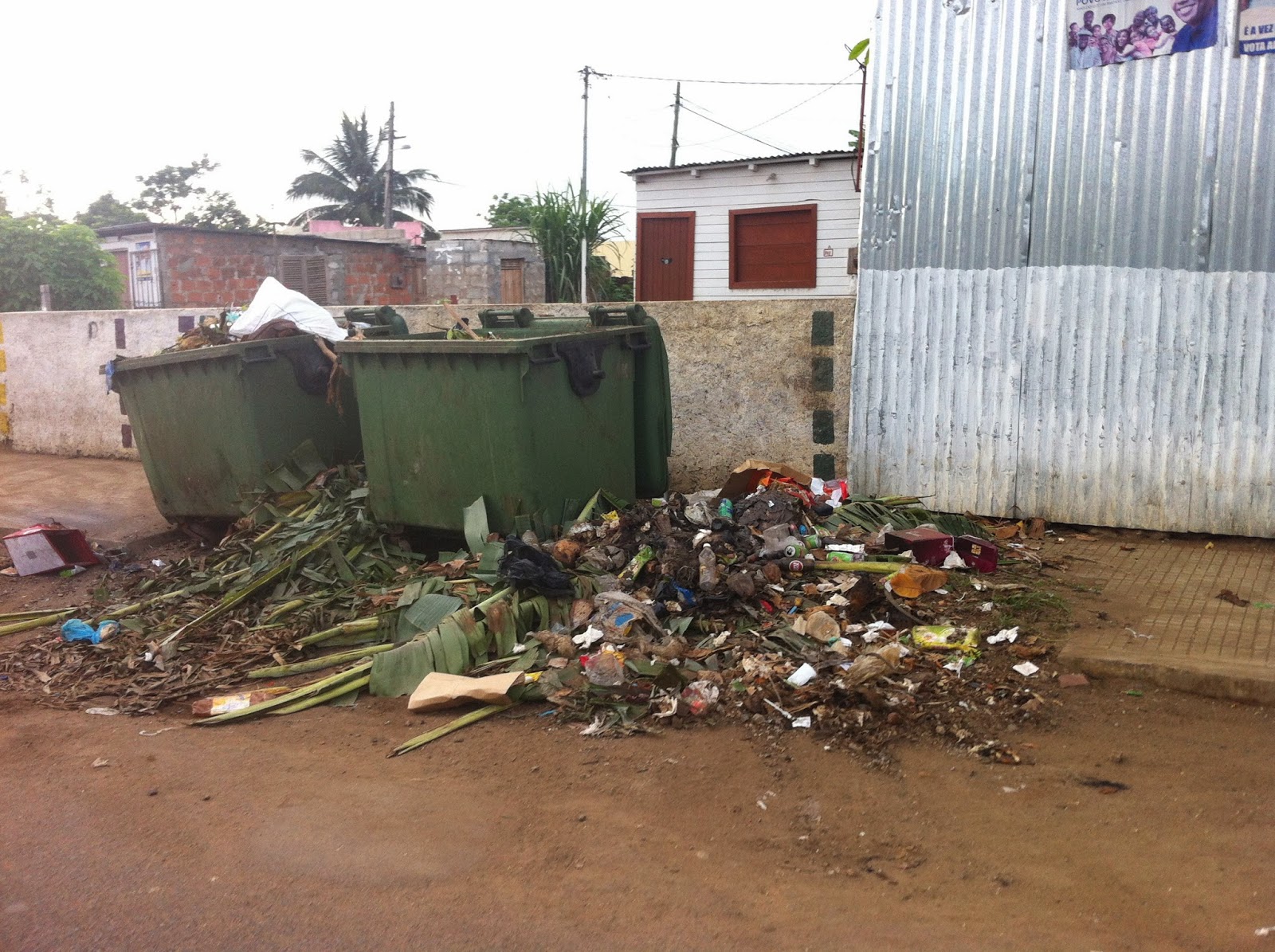O Arroz e as emissões de metano
Rice off the table at Copenhagen
Sat Dec 05 05:46PM
While much of the world's global warming fight is focused on the burning of fossil fuels and disappearing rain forests, there is a growing awareness in Asia that centuries-old techniques of growing rice must also be modified.
Blaming the region's rice farmers, who typically don't jet overseas on holidays or drive big-engine cars to work each day, and labelling them global warming villains is a bit much.
But flooded rice paddies in Asia and elsewhere around the world are undoubtedly a significant emitter of methane, a gas at least 20 times more effective at trapping heat in the world's atmosphere than carbon dioxide.
The Philippines-based International Rice Research Institute, which has been credited for developing a new grain that played a major role in the "Green Revolution" of the 1960s, is working on ways to cut paddies' methane emissions.
Using less water and nitrogen fertiliser are the keys.
But although the United Nation's International Panel on Climate Change has been looking at the issue for a long time, there is no concerted industry-wide push to ensure rice paddies become more climate friendly.
And rice is not expected to be on the radar of the major players at the Copenhagen climate change summit.
In fact, the rice institute's chief expert on climate change, Reiner Wassmann, who is also the lead author of the IPCC's guidelines on rice farming greenhouse gas reporting, will not even be in Copenhagen.
Expecting the delegates to be focused on more high-profile issues, he is planning to save on a carbon-heavy flight to Copenhagen and only travel to a follow-up meeting when rice has more of a chance of being on the discussion table.
In this blog, journalists of global news wire AFP blog about the news they report and the challenges they face covering events from Baghdad to Beijing, the White House to Darfur. Karl Malakunas is AFP bureau chief in Manila.
Sat Dec 05 05:46PM
While much of the world's global warming fight is focused on the burning of fossil fuels and disappearing rain forests, there is a growing awareness in Asia that centuries-old techniques of growing rice must also be modified.
Blaming the region's rice farmers, who typically don't jet overseas on holidays or drive big-engine cars to work each day, and labelling them global warming villains is a bit much.
But flooded rice paddies in Asia and elsewhere around the world are undoubtedly a significant emitter of methane, a gas at least 20 times more effective at trapping heat in the world's atmosphere than carbon dioxide.
The Philippines-based International Rice Research Institute, which has been credited for developing a new grain that played a major role in the "Green Revolution" of the 1960s, is working on ways to cut paddies' methane emissions.
Using less water and nitrogen fertiliser are the keys.
But although the United Nation's International Panel on Climate Change has been looking at the issue for a long time, there is no concerted industry-wide push to ensure rice paddies become more climate friendly.
And rice is not expected to be on the radar of the major players at the Copenhagen climate change summit.
In fact, the rice institute's chief expert on climate change, Reiner Wassmann, who is also the lead author of the IPCC's guidelines on rice farming greenhouse gas reporting, will not even be in Copenhagen.
Expecting the delegates to be focused on more high-profile issues, he is planning to save on a carbon-heavy flight to Copenhagen and only travel to a follow-up meeting when rice has more of a chance of being on the discussion table.
In this blog, journalists of global news wire AFP blog about the news they report and the challenges they face covering events from Baghdad to Beijing, the White House to Darfur. Karl Malakunas is AFP bureau chief in Manila.

Comentários
Enviar um comentário